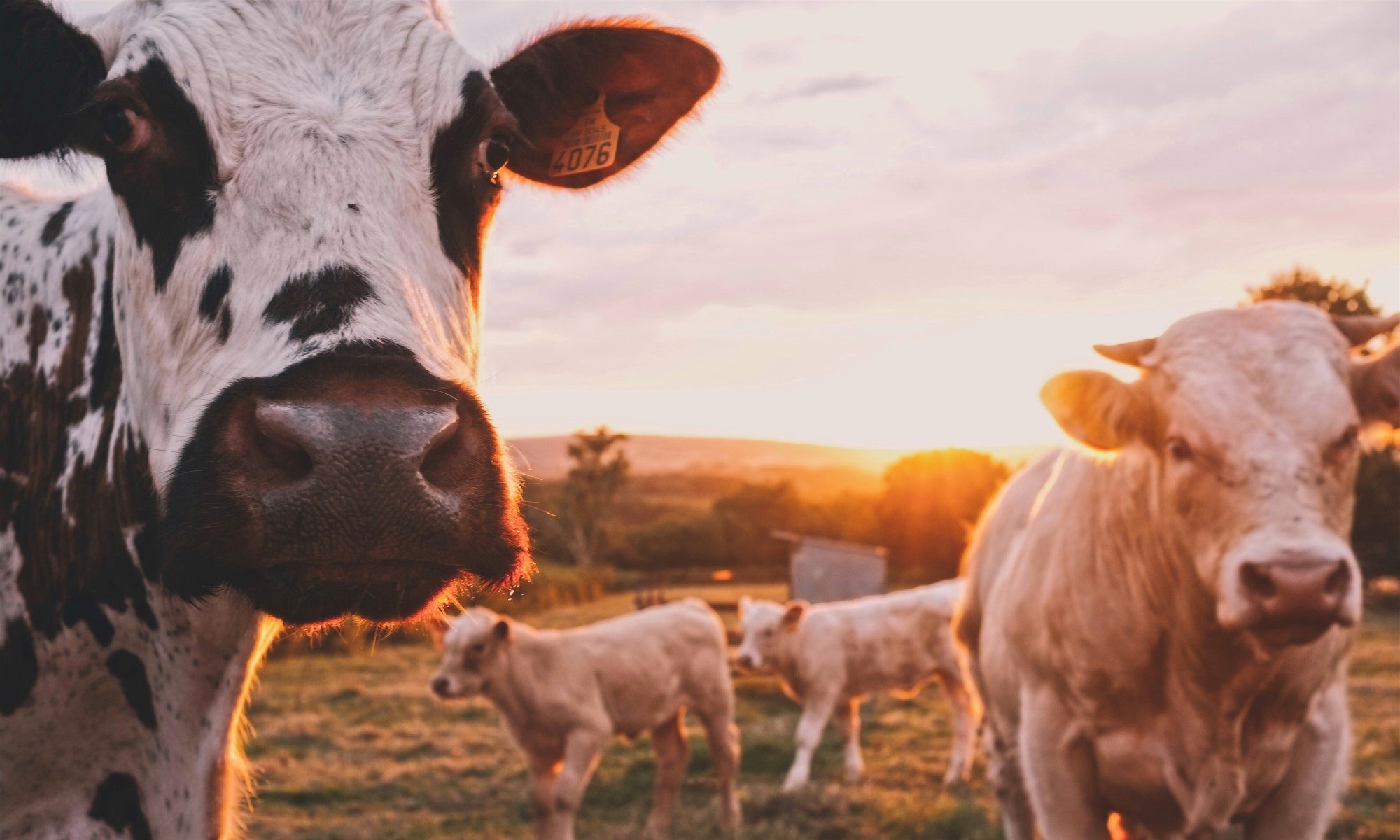The quality of crops depends on well irrigated the land is. Installing the best irrigation system for your farm requires skills and thorough research work. You need to choose the one that offers high performance and durability. To have a successful harvest, experts recommend that, to be on the safe side, you should plan for the rainy days and the dry periods.
FACTORS TO CONSIDER
While installing a farm irrigation system, you need to be careful about the percolation, runoff and evaporation of water. When an irrigation system is installed, certain aspects must be considered beforehand. While the initial cost and the water resources are of prime importance, you must be aware of the maintenance costs and the size of the field where you are planning to install the irrigation system.
WHEN TO INSTALL?
There has been a tremendous increase in the need of installing an agricultural irrigation system. But when and how is the question. The appropriate time would be during the fall, winter and the early spring. The grounds can tolerate some intervention during this period and you won’t have to deal with harvesting the fields.
TYPES OF IRRIGATION SYSTEMS
There are a lot of options available regarding the types of irrigations like central pivot, linear move, travelling guns systems. You need to select the one for you keeping in mind the resources available, the piping and if required the water pumps. Sprinkler irrigation and micro irrigation systems have been popular and are considered to be the best methods of irrigation. Click here to know about the different types of irrigation system.
WATER SOURCES AND ENERGY FOR IRRIGATION
The irrigation system needs adequate water supply even in dry periods. Try looking for places with plenty of ground water to supply to the irrigation system. Ponds, lakes and streams could serve as an excellent source of water supply.While electricity or diesel engine is a must for fuelling your irrigation system, you can also use propane and natural gas as a substitute.
